Donald Trump’s proposal to cut out the middleman in drug prices could shake up the pharmaceutical and healthcare industries. The middleman, often pharmacy benefit managers (PBMs), negotiate discounts on drug prices but keep a portion of the savings. If Trump’s plan eliminates this role, drug prices could drop for consumers, but some companies might lose significant profits. Here are 10 stocks that could be most affected:
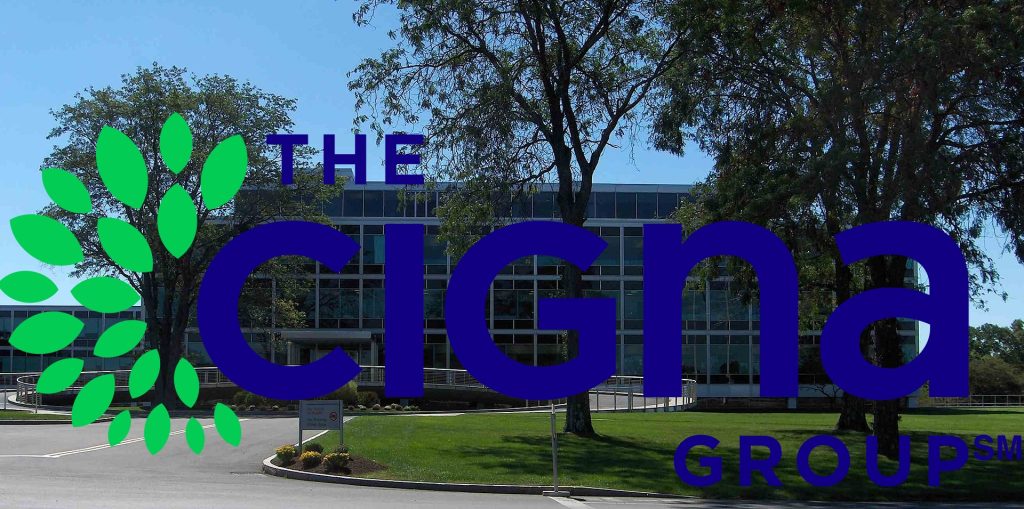
1. Cigna (CI)
Cigna owns Express Scripts, one of the largest PBMs in the U.S. If the PBM model is weakened, Express Scripts’ revenue could take a hit, directly impacting Cigna’s bottom line.
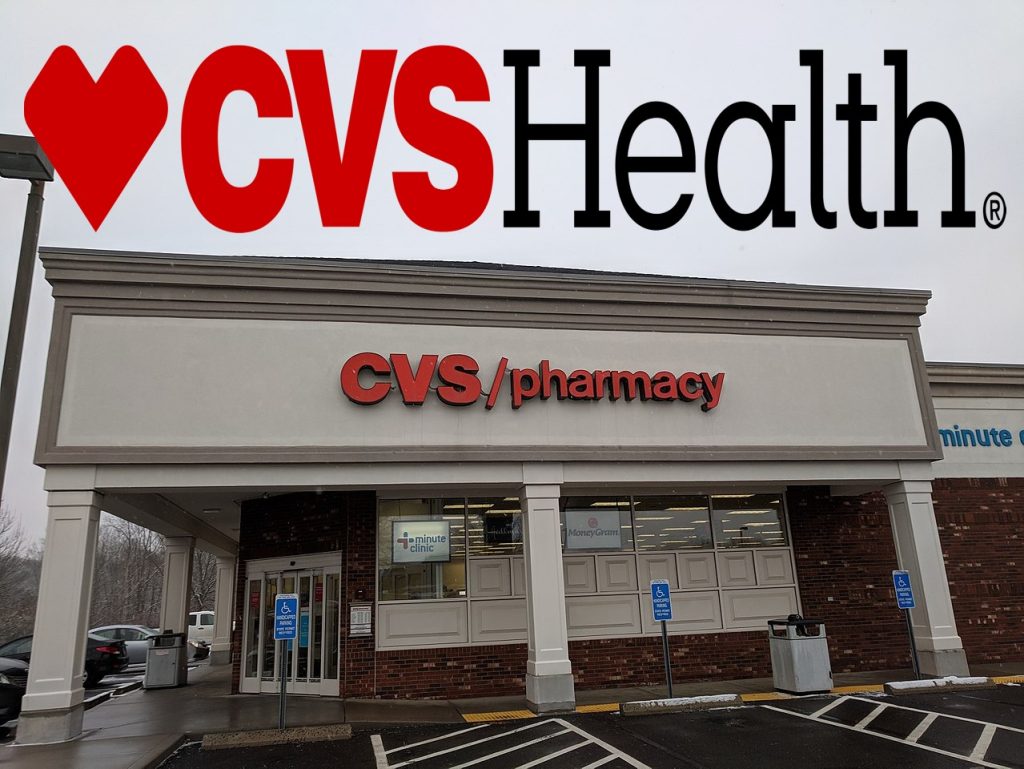
2. CVS Health (CVS)
CVS Health operates Caremark, a major PBM, and also has a large pharmacy business. While lower drug prices could hurt Caremark’s margins, CVS might benefit from higher pharmacy sales if drugs become more affordable.

3. UnitedHealth Group (UNH)
UnitedHealth owns OptumRx, a powerful PBM. Cutting out PBMs could hurt OptumRx’s profit, though UnitedHealth’s insurance and healthcare businesses could cushion the blow.

4. Humana (HUM)
Humana relies on PBM partnerships to manage drug costs for its insurance members. If PBMs lose power, Humana may need to change how it negotiates drug prices, potentially increasing costs.
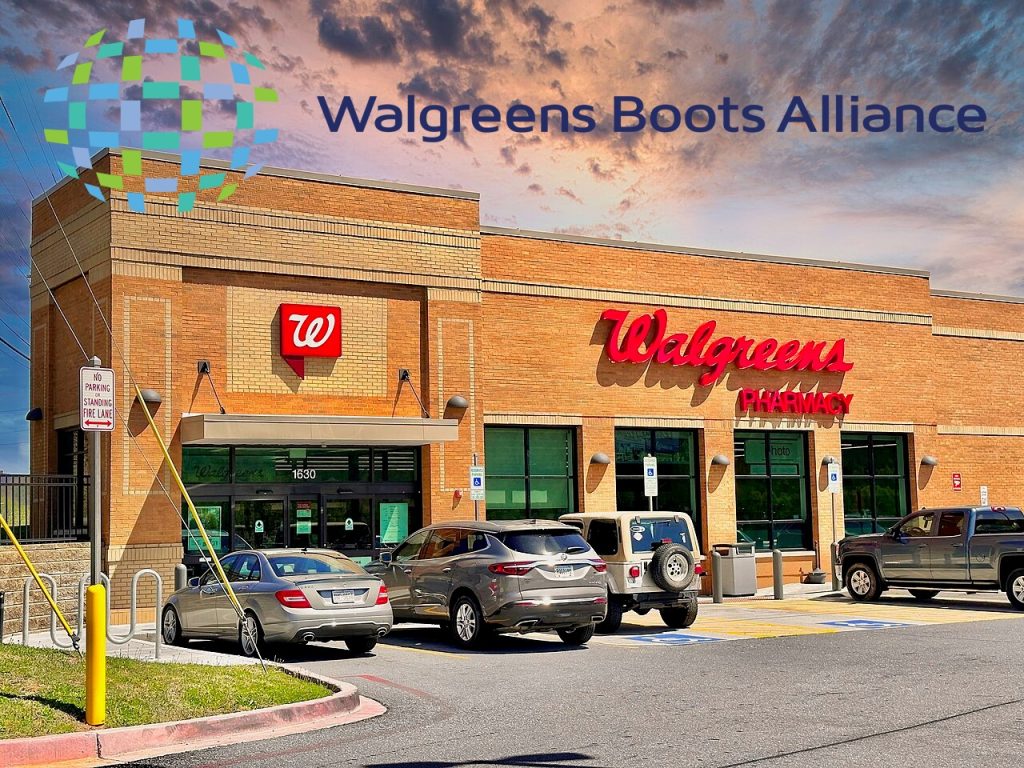
5. Walgreens Boots Alliance (WBA)
Walgreens would feel the ripple effects of drug pricing changes. Lower prices could increase prescription volumes at its pharmacies but might hurt margins on existing drug sales.

6. McKesson (MCK)
McKesson distributes prescription drugs to pharmacies and hospitals. If middlemen like PBMs lose influence, McKesson’s pricing power might weaken, squeezing profits.
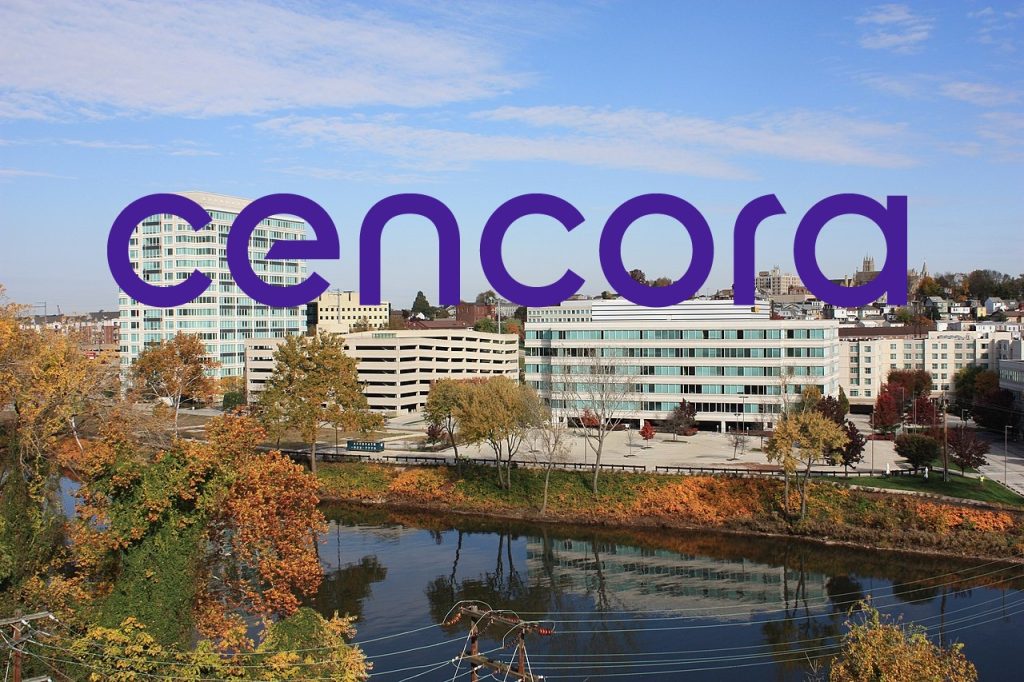
7. Cencora (COR)
Cencora, formerly AmerisourceBergen, is another major drug distributor. It could face the same risks as McKesson. Lower drug prices might hurt revenues unless higher demand offsets the impact.

8. Cardinal Health (CAH)
Cardinal Health distributes drugs and medical supplies. Changes to the drug pricing system could pressure its margins, particularly if manufacturers or insurers bypass distributors.

9. Eli Lilly (LLY)
Drug manufacturers like Eli Lilly could benefit if PBMs are eliminated because they might regain control over pricing. However, they could also face pressure to reduce prices directly for consumers.
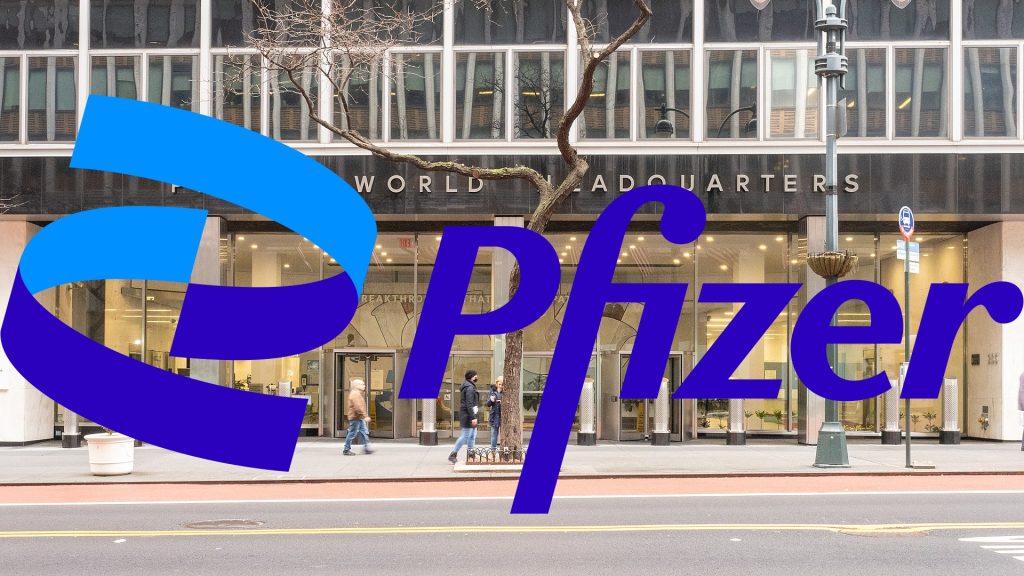
10. Pfizer (PFE)
Pfizer, like Eli Lilly, could see both risks and rewards. Direct pricing could simplify its operations, but the company might earn less per drug if pushed to lower prices.
What’s Next?
Trump’s proposal aims to make drugs more affordable for Americans, but the outcome could be complicated. PBMs, distributors, and manufacturers play significant roles in the healthcare system, and changes could shift profits and strategies across the industry. Investors will need to watch these stocks closely as the proposal develops and its impacts become clearer.





